Grow your Business and Improve
your Cash Flow, Guaranteed!
Discover what it takes to
take your business to the next level!

OUR COMMITMENT
We believe it takes immense courage to be the owner of a local small business. You put yourself, your reputation, your family, your team and your business on the line every moment of every day as you navigate the murky waters of owning, leading, managing and growing your local small business! We believe that courage should be rewarded with the time, money and freedom you went into business for in the first place.
Thousands of businesses have closed forever due to the effects of the pandemic, and the impact is still being felt, in some ways the toll escalates. Coach Jody Johnson and her partner Coach Doug Barra are committed to bringing as many small business owners as possible through this unprecedented economic crisis. We believe that small businesses are the backbone of our nation’s economy and the character of our community. Our efforts are focused on local small business growth strategies that are innovative yet combined with tried and true growth strategies to modify existing business models and to help businesses pivot entirely when necessary. There is opportunity in every challenge, we’ll get through this together.
BUSINESS TOOLS AND RESOURCES
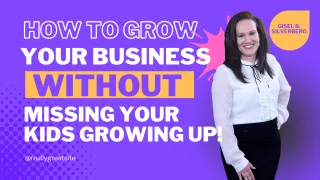
How to grow your business without missing your kids growing up!
Learn to regain control of your time as a business owner with three essential tools. Differentiate urgent and important tasks and prioritize them. Utilize daily lists to stay organized. Planning to se... ...more
Business Mastery ,Leadership &Time Management
February 05, 2024•1 min read

Closing the Deal- Strategies for Effective Business Development and Sales
Imagine if you could transform your small business into a local powerhouse, with customers flocking to your doors and sales skyrocketing. ...more
Blog ,Business Mastery &Business Development
September 15, 2023•36 min read
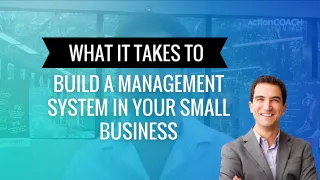
What it takes to Build a Management System System system in your small business
Managing your small business involves constant innovation, adaptation, and critical decision- making. But what if you could transform these challenges into opportunities? ...more
Blog ,Business Mastery &Business Development
August 15, 2023•1 min read
Sign Up for a Complimentary Business Strategy Session with Us Today!
WHAT OUR CLIENTS SAY ABOUT US

I’ve been in business for over 10 years and have a growing company. But over the last year I have taken my company to a new level because of Doug Barra and his staff. ActionCOACH has helped me to focus on certain areas in my business that were not generating as much business as it should have. I strongly recommend anyone that wants to break through to call Doug and have a one on one session with him.
JORGE MENDEZ
Ultimate Express

My coach is my weekly boost! She inspires and motivates me. I have renewed confidence and drive every time we speak. My business and personal life has been completely transformed as a result of having a business coach. As an interior designer, I had lots of creativity but very little business structure. In my first year of coaching I have set up systems, understand my financials for the first time, increased my staff, work with budgets and increased my profits in 2007 by 250%! When I started coaching, I was in personal debt and now I am debt free! My coach has empowered me in every area of life, I am very grateful. Thank you
CHARLOTTE DUNAGAN
Charlotte Dunagan Design Group

Premier Air Conditioning & Refrigeration, Inc. has been using ActionCOACH for 6 months. Our business has been open for 15 years. We wanted to take our business from a small business to an Elite Company, with the help of Jody Johnson we are working towards our goal. One of our priorities was working the numbers, knowing what to look for in our job costing, profit and loss, and budgeting maximizing profit. I am proud to say we have accomplished this. I not only value the gain in the company, but personal development too.
JOSE HERNANDEZ
Premier Air Conditioning & Refrigeration INC.
WHO WE ARE
Team Sage is a group of talented people committed to uncovering and developing the attributes of the business, the owners and their teams, to thrive in today's economic environment.
WE WORK WITHIN OUR 14 POINTS OF CULTURE to ensure that people are achieving happiness, satisfaction, and freedom in their lives.
Working with a business coach, you will accomplish what you never thought was possible. Imagine having a BUSINESS GROWTH STRATEGIES session, where you gain greater clarity on your strategic direction and the tactical actions necessary to fulfill on your goals

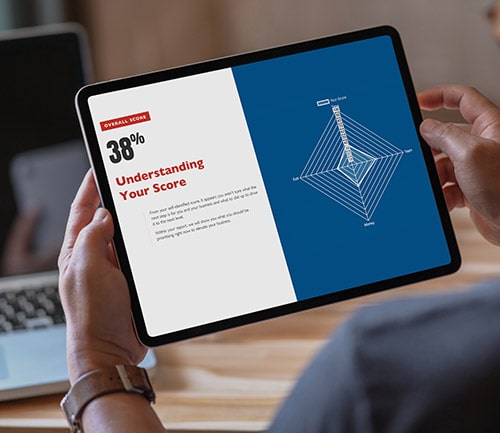







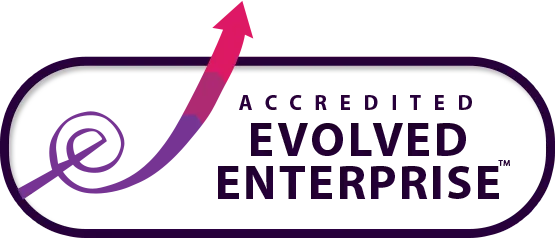

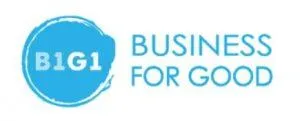

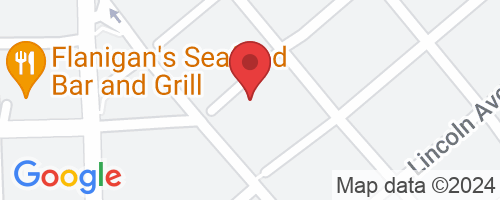

Facebook
Instagram
X
LinkedIn
Youtube
TikTok